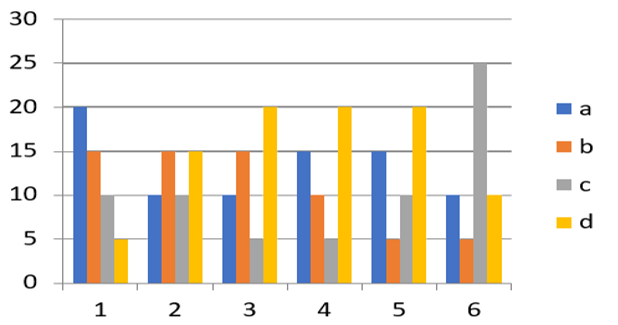Abstract
Dental fear leads to a lack of child cooperation. In general, without the patient's cooperation, success in the remedy is impossible. Fear can be considered as an inevitable thrilling, a response to a certain external threat and with an identified origin in which individual is afraid without no clear reasons. Dental fear leads to lack of cooperation of the children and generally without the cooperation, treatment will not succeed, and this is why the child's dental fear and anxiety from dentistry services is the main concern of children, parents and dentists. Behaviour guidance/management of the child is an integral component in pediatric dental practice. A considerable percentage of children do not cooperate in the dental chair, limiting the provision of quality dental care. The dentist must rely on behaviour guidance or management techniques as alternatives or adjuncts to communication in treating the un- cooperative child. These techniques include tell-show-do (TSD), protective stabilization or physical restraints (both active and passive), hand-over- mouth exercise (HOME), though not recommended contemporarily, conscious sedation, and general anaesthesia. Behaviour guidance techniques (BGTs) are employed to establish communication, alleviate fear and anxiety, facilitate delivery of quality dental care, build a trusting relationship between dentist, child, and parent, and promote the child's positive attitude toward oral/dental health and to cope with dental treatment procedures under- taken. The aim of this study is to know about the Attitude of Graduating dental students about the children first dental visit. A questionnaire using the questions adapted from the several studies related to the attitude of graduating dental students about the children first dental visit was given to 50 students in our college.
Full text article
Authors

This work is licensed under a Creative Commons Attribution-NonCommercial-NoDerivatives 4.0 International License.

